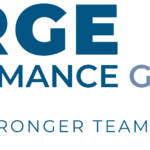
BoxBrownie.com is an innovator in the real estate marketing space, and we have recently launched a free AI copywriting service. To demonstrate the power and quality of this new technology, and to explore the advantages and disadvantages of AI-generated content, we had our AI tool help us write this blog post on the benefits and limitations of AI copywriting for real estate.
AI copywriting for real estate: Benefits, limitations and human comparisons
In the competitive world of real estate, effective communication and marketing play a crucial role in attracting potential buyers and sellers. With the advent of artificial intelligence (AI), the industry has witnessed a transformation in how properties are marketed. AI copywriting is a powerful tool that has revolutionized the real estate industry, offering numerous benefits while also posing certain limitations. In this blog post, we will explore the advantages and disadvantages of AI copywriting in real estate, and how it compares to copy written by humans.
Benefits of AI copywriting in real estate
Speed and efficiency
One of the most significant advantages of AI copywriting is its ability to create content quickly and efficiently. AI-powered tools can generate copy within seconds, allowing real estate professionals to create marketing materials rapidly. This speed is particularly beneficial when dealing with multiple property listings, as it saves time and allows agents to focus on other aspects of their business.
Cost effective
Utilizing AI copywriting tools can be more cost effective than hiring a copywriter. AI platforms typically offer subscription plans, which allow users to generate unlimited content within a specified period. Although hiring a professional copywriter is highly beneficial to any business, it may be a more costly option, especially for smaller real estate firms or individual agents.
Consistency and branding
AI copywriting tools can help maintain consistency in language and tone across all marketing materials. Uniformity builds a strong brand identity, and contributes to increased trust and credibility.
Customization and personalization
AI copywriting platforms can be programmed to generate customized content based on specific target audiences, property types or locations. This personalization allows real estate professionals to create tailored marketing messages that resonate with an agent’s target audience, ultimately leading to higher conversion rates.
Limitations of AI copywriting in real estate
Lack of creativity and emotional appeal
While AI can produce grammatically correct and well-structured content, it may struggle to create truly creative or emotionally-appealing copy. Professional copywriters have the advantage of personal experience, emotions and intuition, which can lead to more engaging and persuasive content.
Misinterpretation and contextual errors
AI copywriting tools may occasionally misinterpret input data or fail to understand the context of certain phrases or expressions. This can result in errors in the generated content, which requires human intervention to correct.
Legal and ethical concerns
As AI-generated content becomes more prevalent, there is a growing concern regarding potential legal and ethical issues. This includes copyright infringement, plagiarism, and the use of biased or discriminatory language. Real estate professionals should be aware of these concerns and take steps to ensure their AI-generated content adheres to relevant regulations and ethical standards.
AI copywriting vs. human copywriters: A balanced approach
While AI copywriting offers several benefits in terms of speed, efficiency and cost effectiveness, it is essential to recognize the limitations of this technology. Human copywriters possess creativity, emotional intelligence, and an innate understanding of context that AI tools may struggle to replicate. Therefore, a balanced approach that combines the strengths of both AI and human copywriters is ideal.
Real estate professionals can leverage AI-generated content for routine tasks, such as creating property descriptions or generating content for social media posts. In contrast, human copywriters can focus on crafting more emotionally engaging and persuasive materials, such as compelling narratives for luxury properties or personalized messages for targeted marketing campaigns.
AI copywriting is an innovative and powerful tool for real estate professionals, offering numerous benefits such as speed, efficiency and cost effectiveness. However, it is essential to recognize the limitations of this technology and incorporate human creativity and emotional intelligence where necessary. By adopting a balanced approach that combines the strengths of both AI and human copywriters, real estate professionals can maximize the impact of their marketing efforts and stay ahead in a competitive industry.





